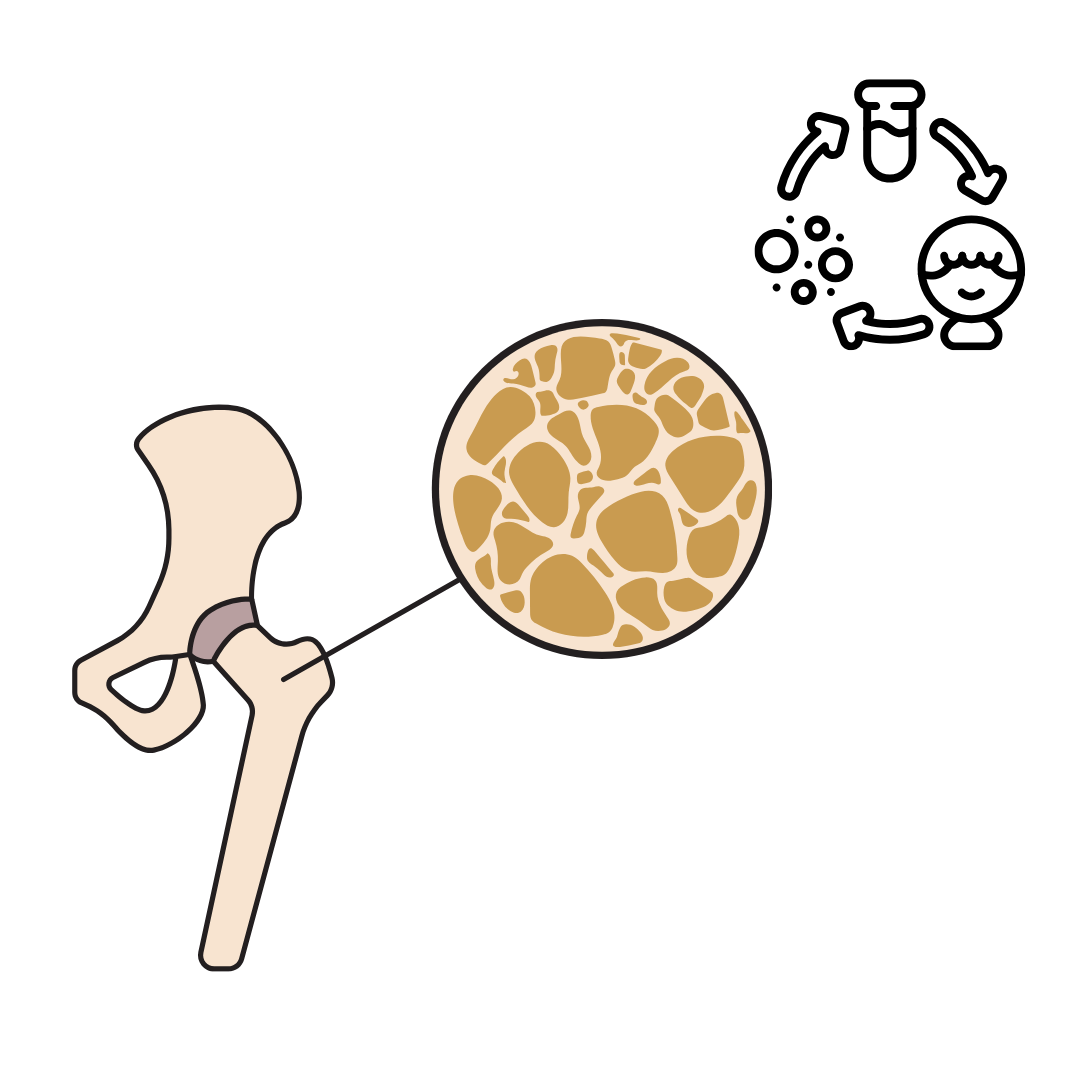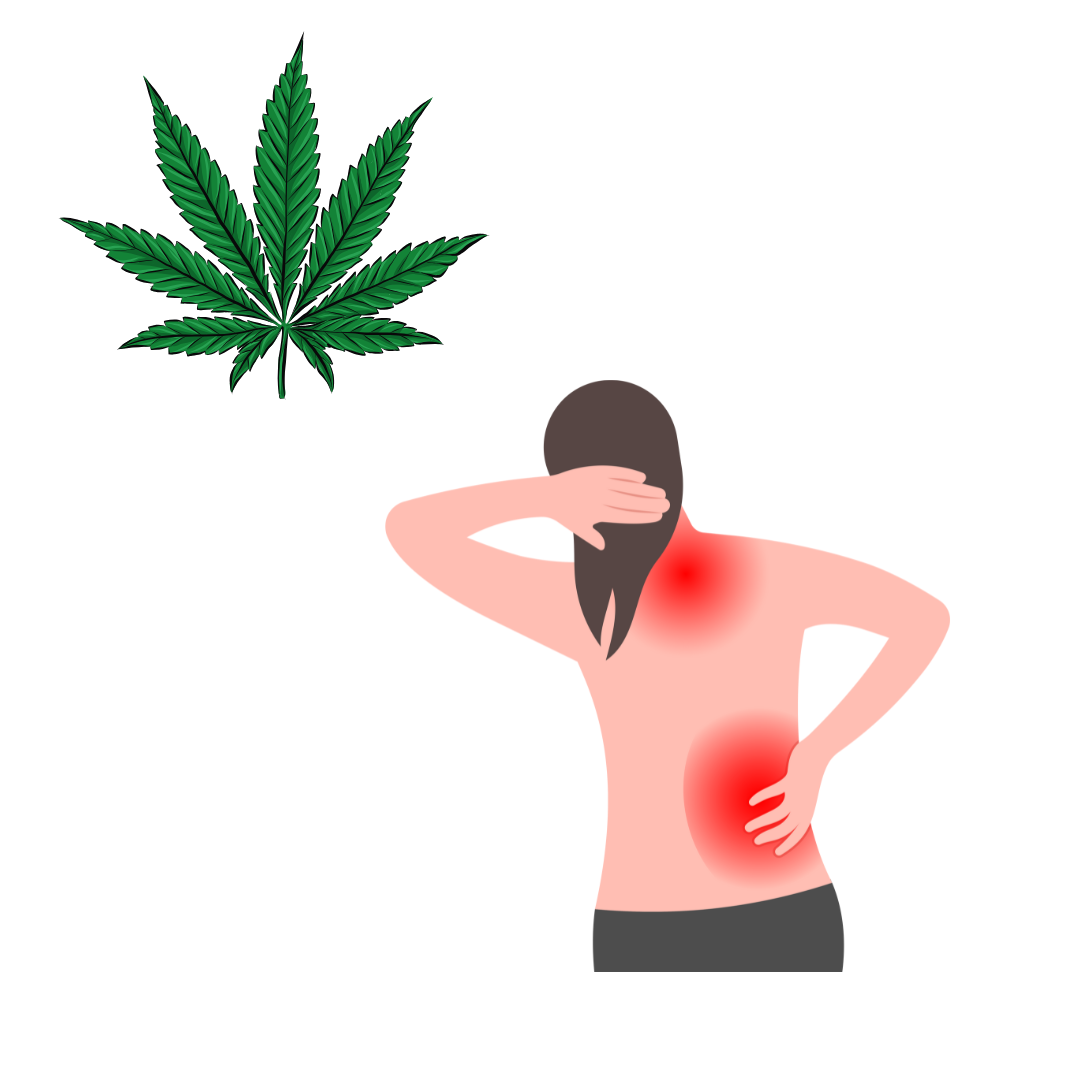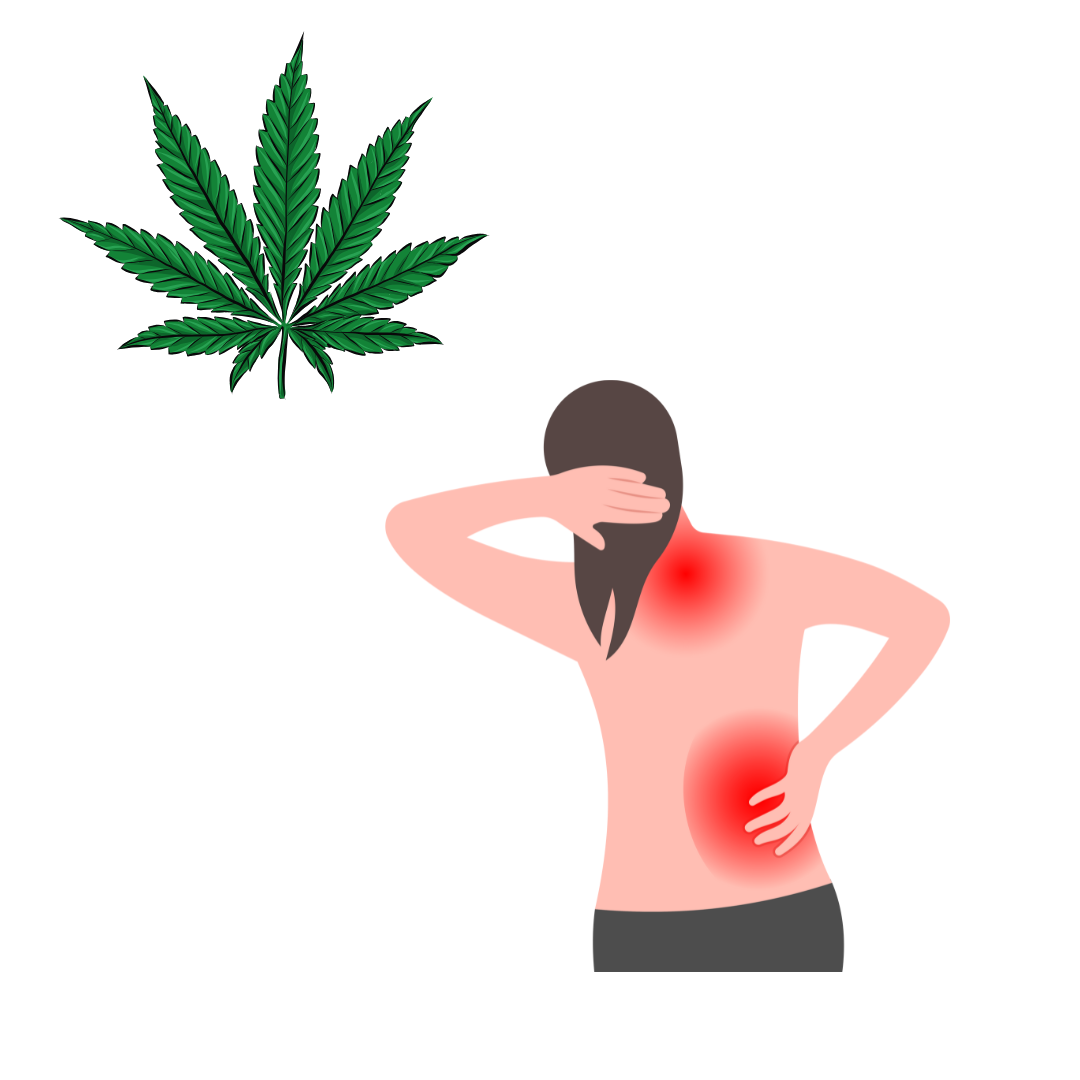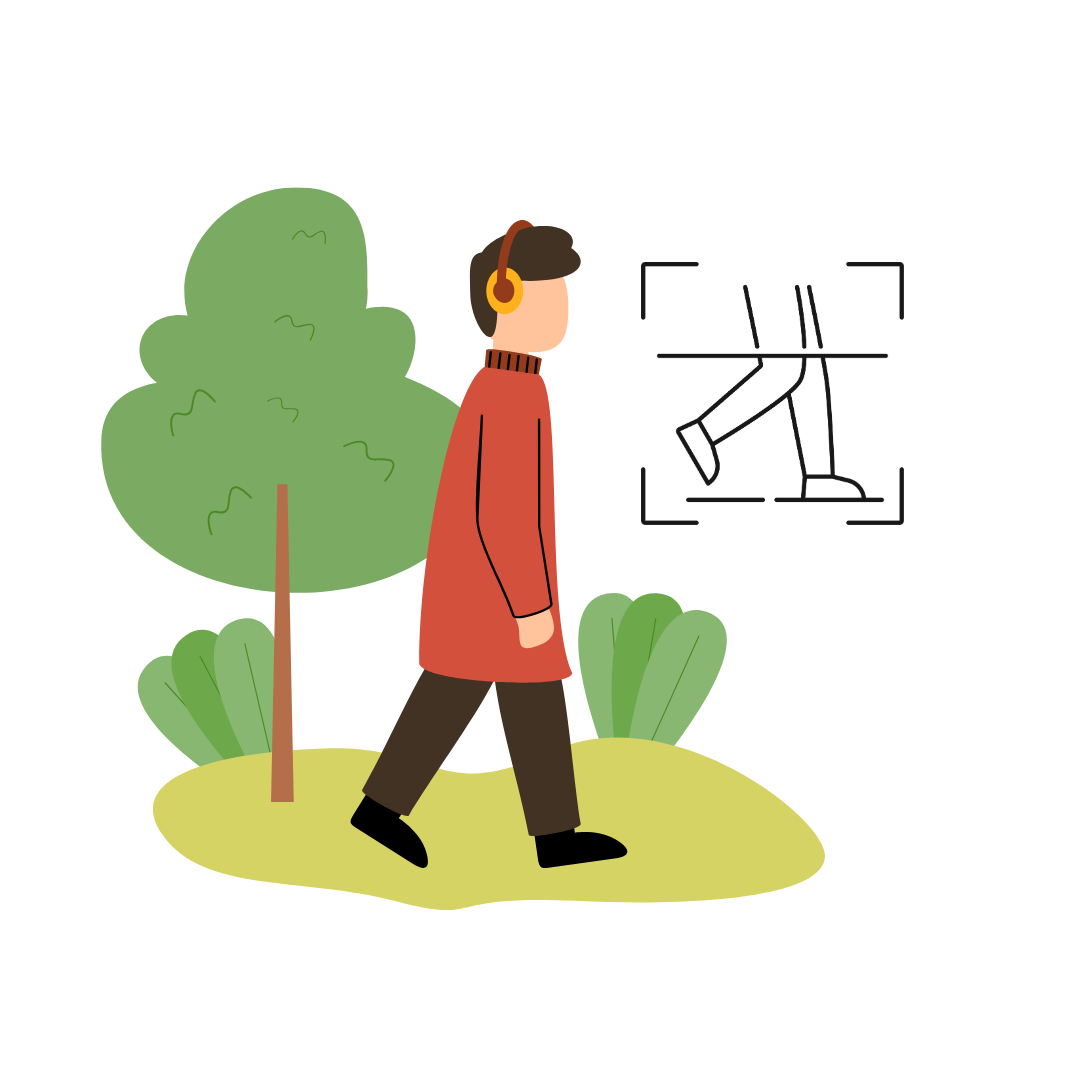Blog

Turning Fat into Bone: Japanese Scientists Discover Promising Therapy for Osteoporosis
Scientists in Japan have found a way to turn body fat into bone to help heal spinal fractures — a discovery that could one day transform treatment for osteoporosis and other bone diseases. Researchers at Osaka Metropolitan University used stem cells taken from fat tissue and guided them to become bone-forming cells. When these cells were combined with a bone-supporting material and applied to rats with spinal fractures, the animals’ spines became stronger and healthier. Because fat is easy to collect, even from older adults, this technique could offer a gentle, low-risk alternative to surgery for repairing fragile bones. Although the findings are still in early animal testing, the results are promising — paving the way for safer, more effective treatments to restore bone health in aging populations.
Read More
Most Chronic Pain Patients Stop Using Medical Cannabis Within a Year, Study Finds
A recent study from Philadelphia shows that medical cannabis may not be a lasting option for many people with chronic pain. Researchers tracked 78 patients certified to use cannabis for back, joint, and other musculoskeletal pain and found that nearly 60 percent stopped within a year, with almost half quitting in the first three months. Older adults were the most likely to discontinue. The study found that neither pain type nor overall health at the start made a difference, suggesting other factors—such as cost, side effects, or limited benefit—play a bigger role. Experts say the findings highlight the importance of setting realistic expectations and call for larger studies to better understand who is most likely to benefit from cannabis and for how long.
Read More
Most Chronic Pain Patients Stop Using Medical Cannabis Within a Year, Study Finds
A recent study from Philadelphia shows that medical cannabis may not be a lasting option for many people with chronic pain. Researchers tracked 78 patients certified to use cannabis for back, joint, and other musculoskeletal pain and found that nearly 60 percent stopped within a year, with almost half quitting in the first three months. Older adults were the most likely to discontinue. The study found that neither pain type nor overall health at the start made a difference, suggesting other factors—such as cost, side effects, or limited benefit—play a bigger role. Experts say the findings highlight the importance of setting realistic expectations and call for larger studies to better understand who is most likely to benefit from cannabis and for how long.
Read More
Small Walking Adjustment Could Ease Knee Pain and Slow Arthritis Damage
A new study suggests that a small change in the way you walk could help ease knee pain and even slow the progression of osteoarthritis, a common joint disease that affects about one in seven Americans. Researchers from NYU Langone Health, the University of Utah, and Stanford University found that adjusting the angle of the foot slightly inward or outward—based on each person’s unique walking pattern—reduced stress on the inner part of the knee, where damage often occurs. Over the course of a year, people trained to walk at their ideal foot angle reported less pain, showed slower cartilage breakdown on MRI scans, and experienced less joint strain compared to those who kept walking normally. Experts say this personalized, low-cost approach could help delay the need for knee replacement surgery and may offer a safer alternative to long-term pain medications, which can carry serious side effects. Advances in artificial intelligence may soon make it possible to find your best walking style with just a simple video taken in a clinic—or even on a smartphone.
Read More
Meditation Apps: Making Mindfulness Easy, Accessible, and Personalized
Meditation apps have become a popular way for people to practice mindfulness and reduce stress, offering easy access anytime and anywhere. Even just a few minutes, a few times a week, can help improve mood, ease anxiety, and promote better sleep. These apps fit into busy lives, letting you meditate while waiting in line or during a quick break. While they aren’t a complete replacement for in-person meditation classes or teachers, they’re a great way to get started and build healthy habits. The challenge for these apps is keeping people engaged over time, but with new technology like AI-guided sessions, meditation is becoming more personalized and easier to stick with than ever before.
Read More